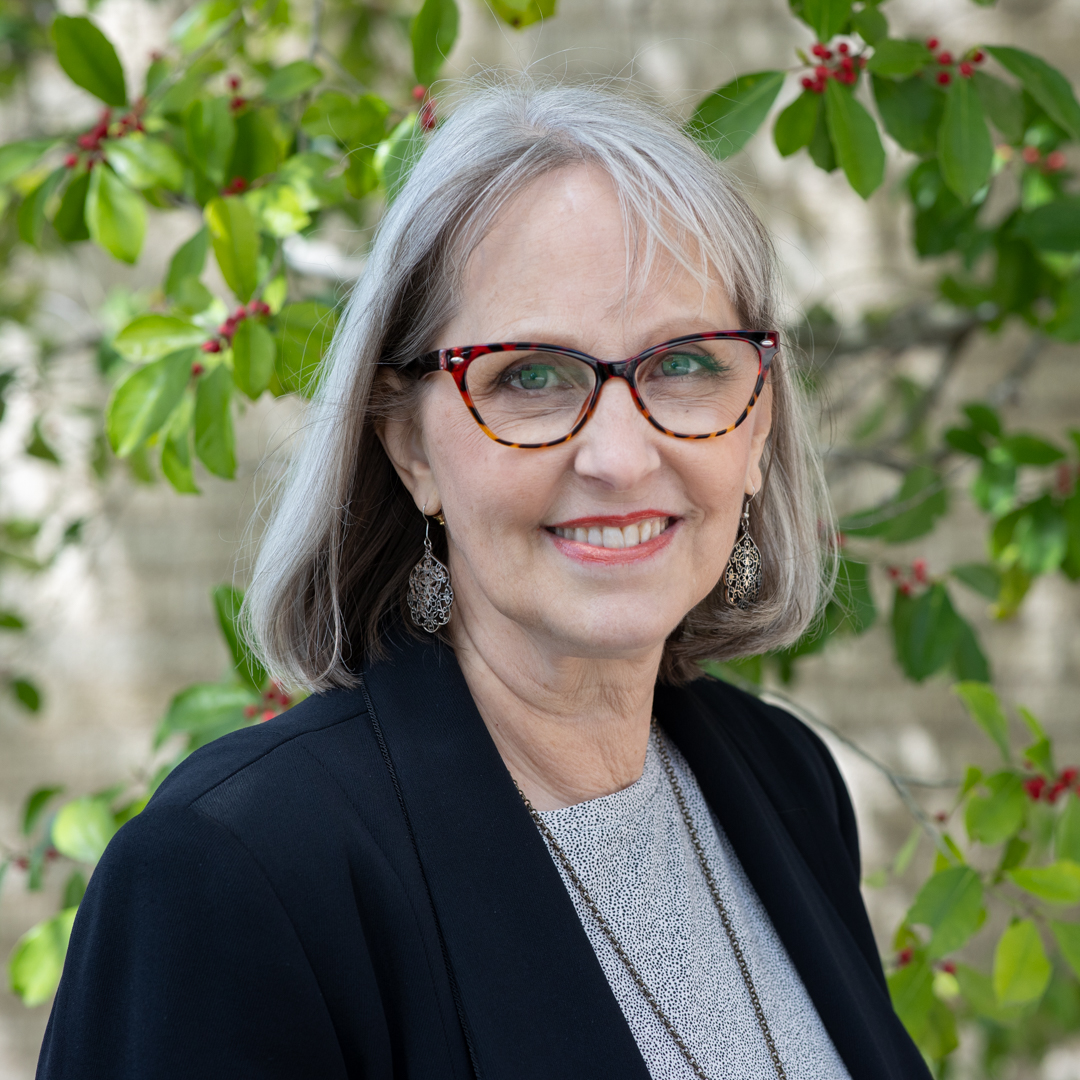The Blood of the Martyrs Should Drive Us to Pray

Due to war and persecution, the number of the world’s displaced people has reached 60 million—half of them children. This number represents more people than at any time since World War II. With persecution making headlines, believers frequently hear a familiar quote: “The blood of the martyrs is the seed of the church.” Some of us have heard this so often that we have to remind ourselves it’s not from the Bible.
It comes from The Apology, chapter 50 (c. AD 197), by Tertullian, a church father in the then-province of Africa, who wrote to his governor to refute false charges against Christians. Tertullian argued that the followers of Jesus, being subjects of the empire, should not be persecuted. Yet even if suffering persisted, he said, “kill us, torture us, condemn us, grind us to dust; your injustice is the proof that we are innocent. . . . The oftener we are mown down by you, the more in number we grow; the blood of Christians is seed.”
Beautiful words. And words that have often sustained the persecuted. Yet they’re words that have sometimes desensitized us. Because many of us, on hearing of our brothers’ and sisters’ suffering for the faith, rejoice in the potential for church growth. And, sadly, our response stops there.
The reality is that the effect of persecution is not always church growth. The late Glenn Penner, who spent his life advocating for the persecuted, raised the question, “Is the blood of the martyrs really the seed of the church?” In an article with the same title, he made some sobering observations:
- By 1993, under intense persecution, members of the Evangelical Christian Baptist denomination in the former USSR dropped from about one million people in 1926 to just under 249,000 in 1993.
- Only a dozen or so Christians were found to have survived Albania’s attempt to create a completely atheistic state when a policy of religious liberty was reinstituted a decade ago.
- Some Communist nations almost succeeded in wiping out the church within their borders.
We could add, among other things, persecution-related exoduses of Christians from majority-Muslim countries. Such migrations shrink already-small minorities of Christians.
Meanwhile, many who enjoy religious freedom exaggerate offenses committed against us. Some view every “Happy holidays!” as an anti-Christmas slam, and cry foul when a coffee shop uses a religiously neutral design for holiday cups. Not long ago, Alan Noble, cofounder of Christ and Pop Culture, wrote an article for the Atlantic titled, “The Evangelical Persecution Complex.” In it he noted that Christians tend to see victimhood as an essential part of our identity—even when our suffering is minimal (after all, our Lord said we would suffer). That’s not to say Americans live free of religious discrimination. But as members of the largest faith group in America, we are more often accommodated than actively harmed. We also sometimes remain oblivious to the oppression of minority religious groups in our midst, failing to show empathy and also failing to see that a threat to freedom of any faith’s religion ultimately hurts us too.
By focusing attention on real and substantial incidences of persecution, Noble believes, evangelicals will be much more effective at educating our neighbors and fighting for truly important matters of religious liberty.
So in devoting an issue of DTS Magazine to international religious freedom, our goal is neither to drive us to despair as we read of suffering nor to engender persecution-complex thinking. It is also not intended to weaken our resolve when our own freedoms do truly deteriorate. Rather, our hope is that we will become more honest, more prayerful, more inspired by the testimony of our spiritual family, and more involved in rendering aid—whether on the front lines or assisting from the back.
With all this in mind, we encourage you to read this issue with a prayer on your lips: “Father, please make us loving, wise, and bold. Help our brothers and sisters who suffer to stand strong. Increase Christ’s church. And help us to do justice, love mercy, walk humbly with you, and persevere faithfully until Christ returns.”
About the Contributors

Sandra L. Glahn
In addition to teaching on-campus classes, Dr. Glahn teaches immersive courses in Italy and Great Britain. She is a multi-published author of both fiction and non-fiction, a journalist, and speaker who advocates for thinking that transforms, especially on topics relating to art, marriage, and first-century backgrounds as they relate to gender. Dr. Glahn’s more than twenty-five books reveal her interests in bioethics, sexual ethics, and biblical women. She has also written twelve Bible studies in the Coffee Cup Bible Study series. Dr. Glahn is a Substack writer and co-founder of The Visual Museum of Women in Christianity. She is married to Gary, and they have a married daughter and one granddaughter.

